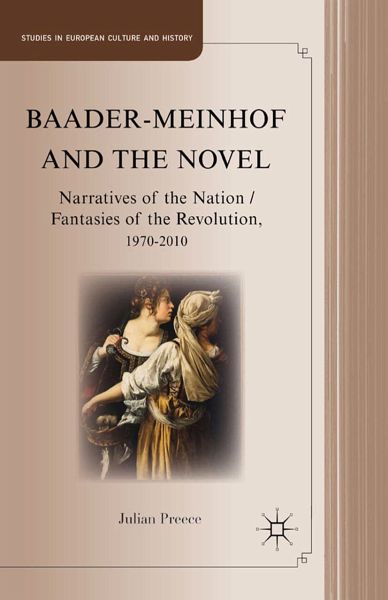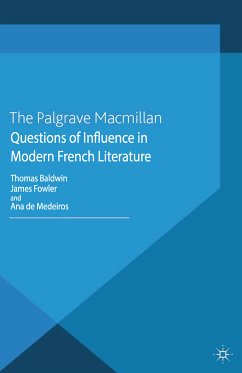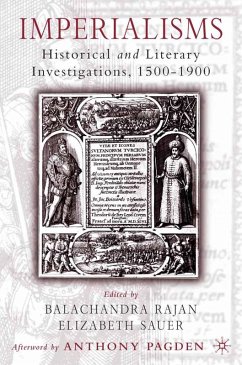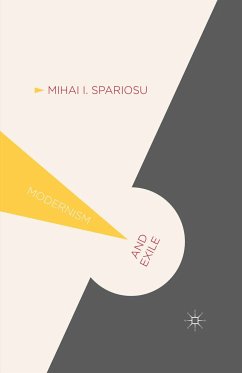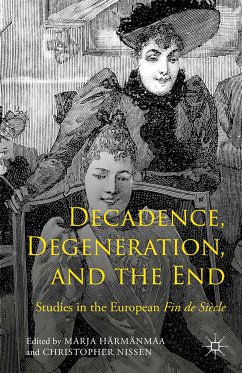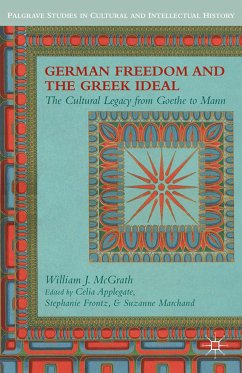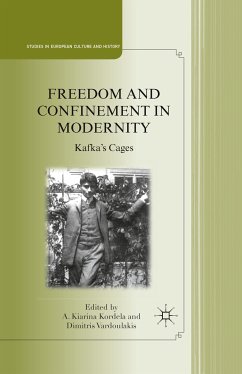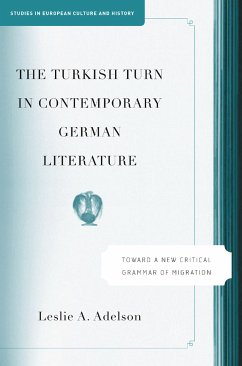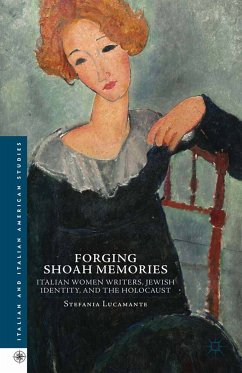"Preece, in this powerful and lucid study, examines the subsequent history of the [Baader-Meinhof] myth, with particular reference to German literature ... The book examines around fifty German and a smaller number of international novels, as well as feature films and documentaries, and benefits from the sharpness of academic focus this methodology allows; but Preece is also highly alert to the wider context of socio-cultural history and mytholody in which his study is set." - New Welsh Review
"Preece's work will no doubt be vital not only for future studies of the Red Army Faction and the cultural legacy of urban guerrilla violence, but for all those seeking to understand how late capitalism can take its most dangerous enemies and
eventually turn them into marketable products." - Critical Quarterly
"Required reading for scholars and students interested in German history, literature, and cultural memory. It offers new insights into the complex link between German mentality and trauma and makes a compelling case for the enduring emotional, social, and manipulative power of literature." - Ingo Cornils, senior lecturer in German, University of Leeds, UK
"A timely and major contribution to the growing range of scholarly books dealing with the Red Army Faction (RAF) and its post-unification legacy. . . This is an accessible, insightful and wide-ranging study that will prove a useful tool for academics, students and a wider readership interested inrepresentations of the Baader?Meinhof group. Its scope and interdisciplinary engagement will no doubt make it a key reference text for Germanists, literature scholars and more general readers interested in the cultural impact of the Baader?Meinhof generation of terrorists." - Journal of European Studies
"Preece has written a fascinating account of Germany's past and present struggle to narrativize Baader-Meinhof: is this history or myth, an inspiration or a warning, a story of victims or perpetrators? From a non-German perspective, are Germany's terrorists the only 'good Germans?' From Katharina Blum to the contemporary Krimi, Preece engages with contradictory fictions in their historical context, giving us a history of the Baader-Meinhof novel that is simultaneously an insight into post-'68 Germany." - Sarah Colvin, Director of the Institute for German Studies, University of Birmingham, UK
"This book is both compelling and illuminating as it revisits the complex multilayered narratives of Germany's trauma. Most importantly it presents a new theoretical reading of how intellectual violence becomes real." - Andrew Hussey, Dean, University of London Institute in Paris, France
"Preece is shrewd in his assessment of the political and intellectual vacuum at the heart of Baader-Meinhof." - Ian Brunskill, Times Literary Supplement
